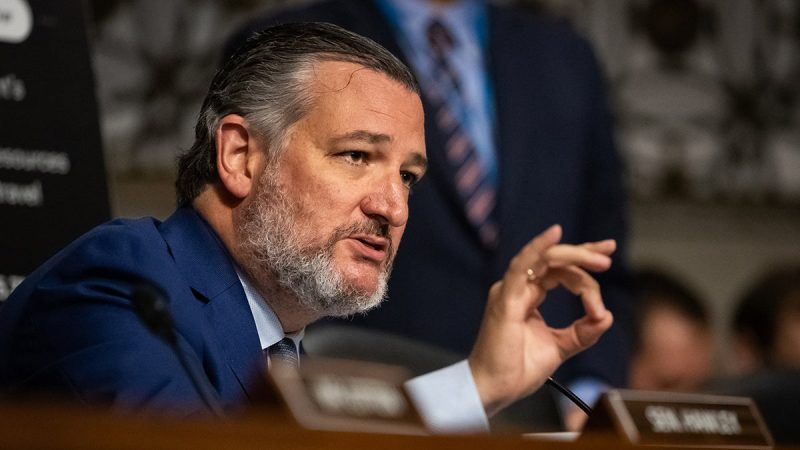Senator Ted Cruz has been an outspoken critic of the resolution passed by the United Nations Security Council condemning Israeli settlements in the West Bank and East Jerusalem. The resolution, which was approved with the abstention of the United States, has drawn sharp criticism from Cruz and other conservative politicians who believe that it undermines Israel’s security and sovereignty.
Cruz argues that the resolution is politically motivated and aimed at undermining the incoming Trump administration and the Republican-controlled Congress. He suggests that the Obama administration’s decision not to veto the resolution is a deliberate attempt to tie the hands of the incoming administration and limit its ability to support Israel.
The resolution has indeed been a controversial issue, with Israel vehemently rejecting it and accusing the Obama administration of betrayal. Israeli officials have argued that the resolution unfairly singles out Israel and ignores the broader context of the Israeli-Palestinian conflict.
Cruz’s strong opposition to the resolution reflects broader concerns within the conservative movement about the treatment of Israel by the international community. Many conservatives view Israel as a key ally in the Middle East and criticize what they see as biased treatment of Israel in international forums.
The resolution has also sparked a debate about the role of the United Nations in mediating conflicts and promoting peace. Critics of the resolution argue that the UN has a long history of bias against Israel and that the resolution is just the latest example of this bias. They question the effectiveness of the UN in resolving complex conflicts like the Israeli-Palestinian issue.
On the other hand, supporters of the resolution see it as a necessary step to address the issue of Israeli settlements, which they argue are a major obstacle to peace in the region. They also emphasize the need for the international community to hold Israel accountable for its actions and to uphold international law.
The controversy surrounding the resolution highlights the deep divisions and complex dynamics at play in the Israeli-Palestinian conflict. It also underscores the challenges of achieving a lasting peace in the region and the difficulty of finding a consensus on how to move forward.
As the debate over the resolution continues, it is clear that the issue of Israeli settlements will remain a major point of contention in the international community. The resolution’s passage is likely to have long-lasting implications for US-Israeli relations and for the broader efforts to achieve a peaceful resolution to the Israeli-Palestinian conflict.

